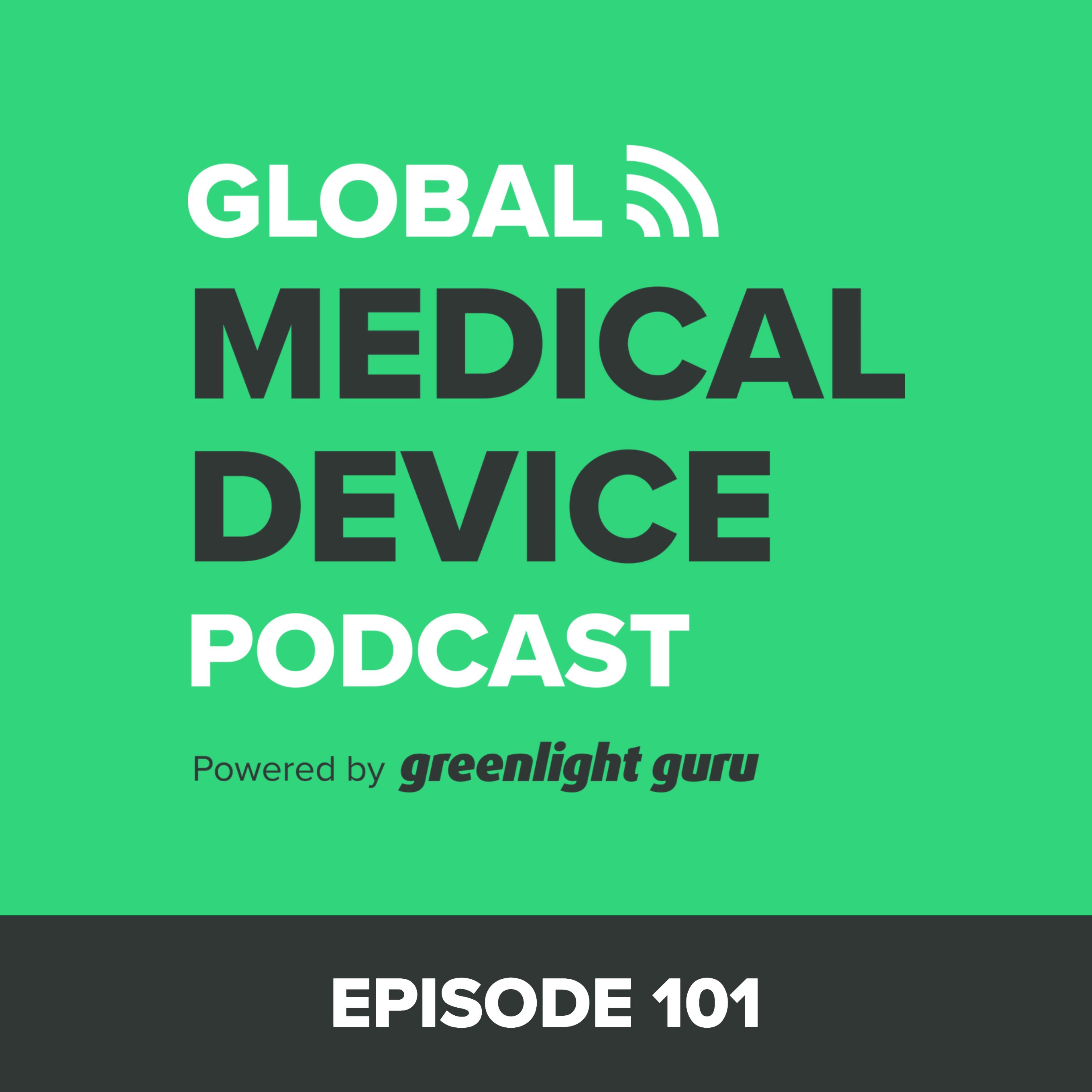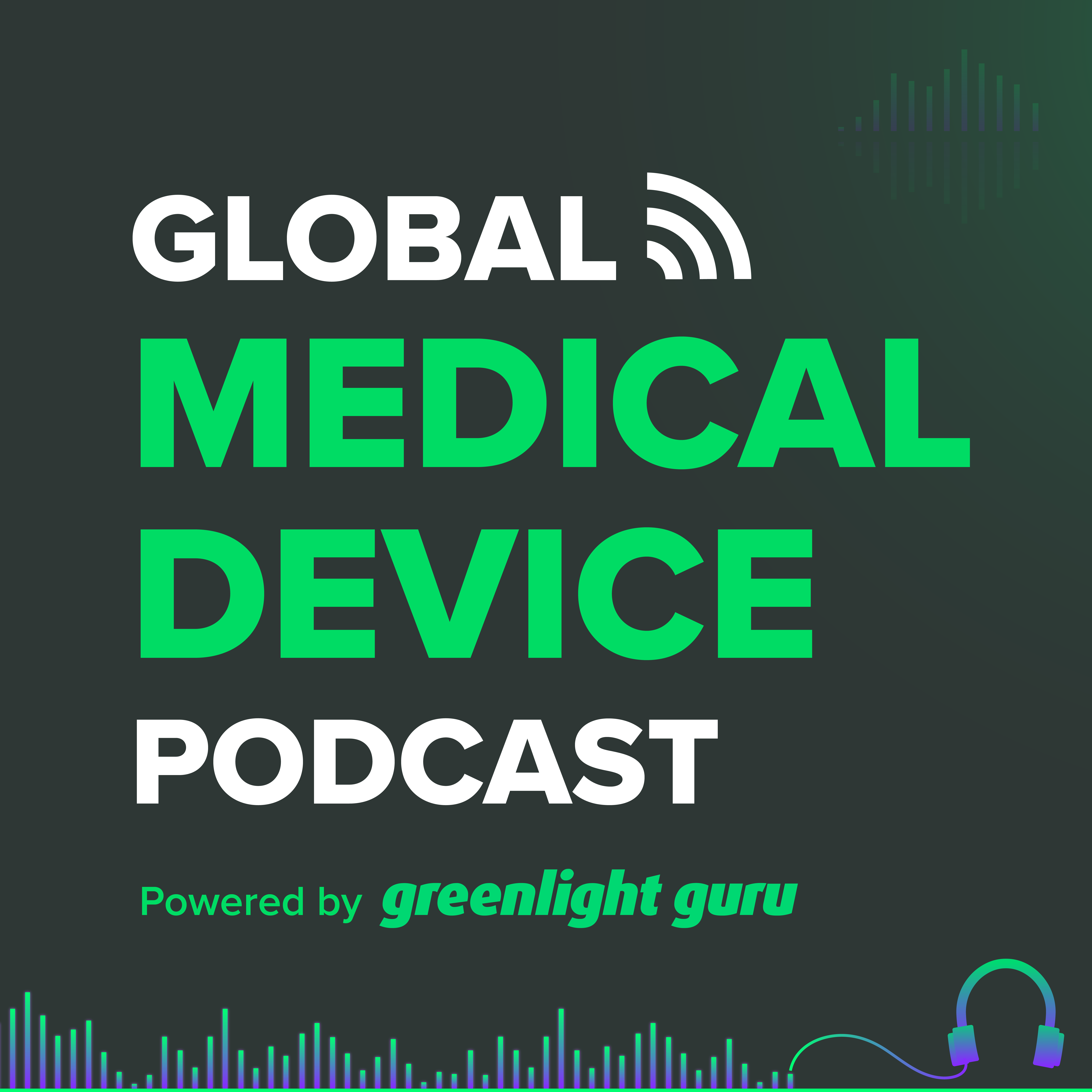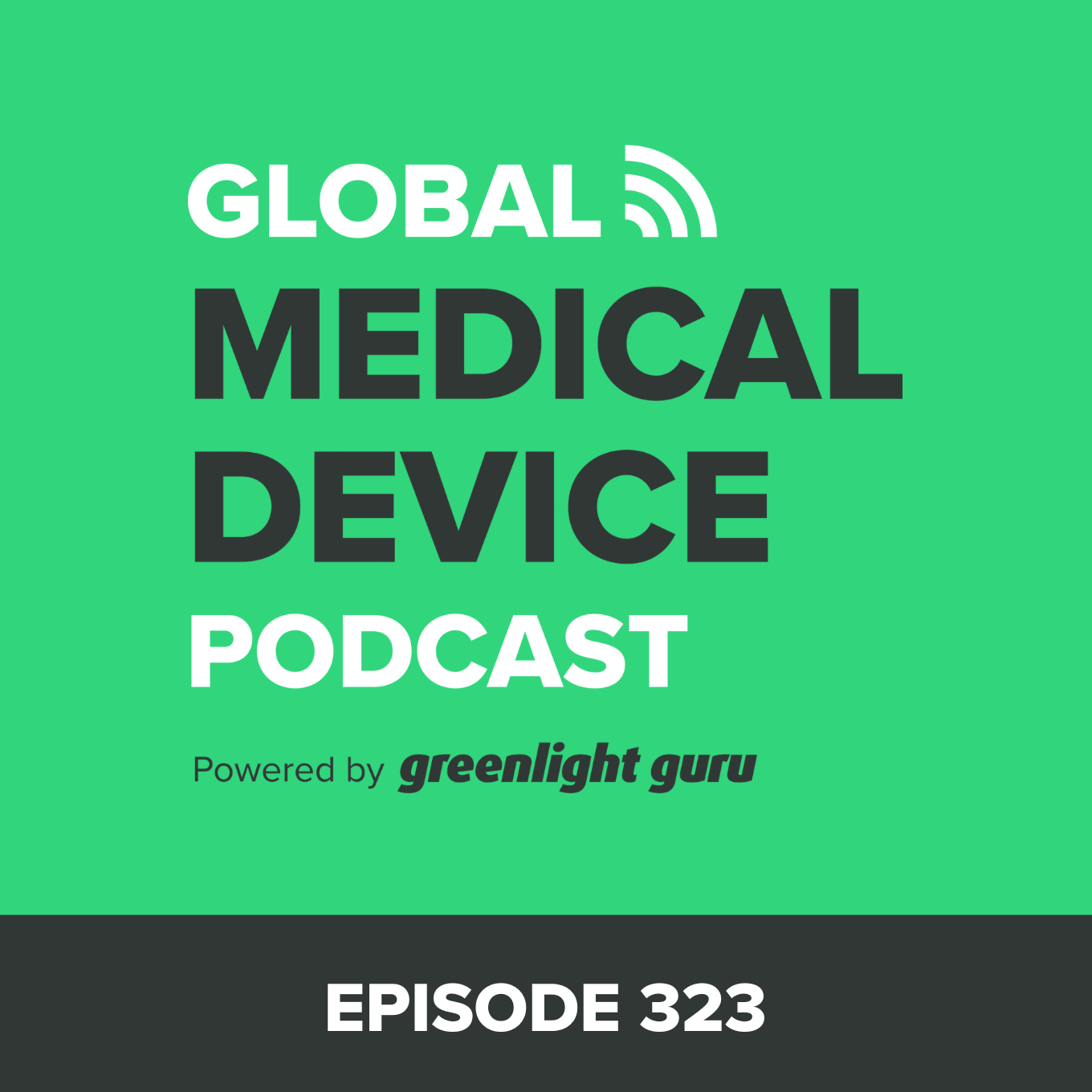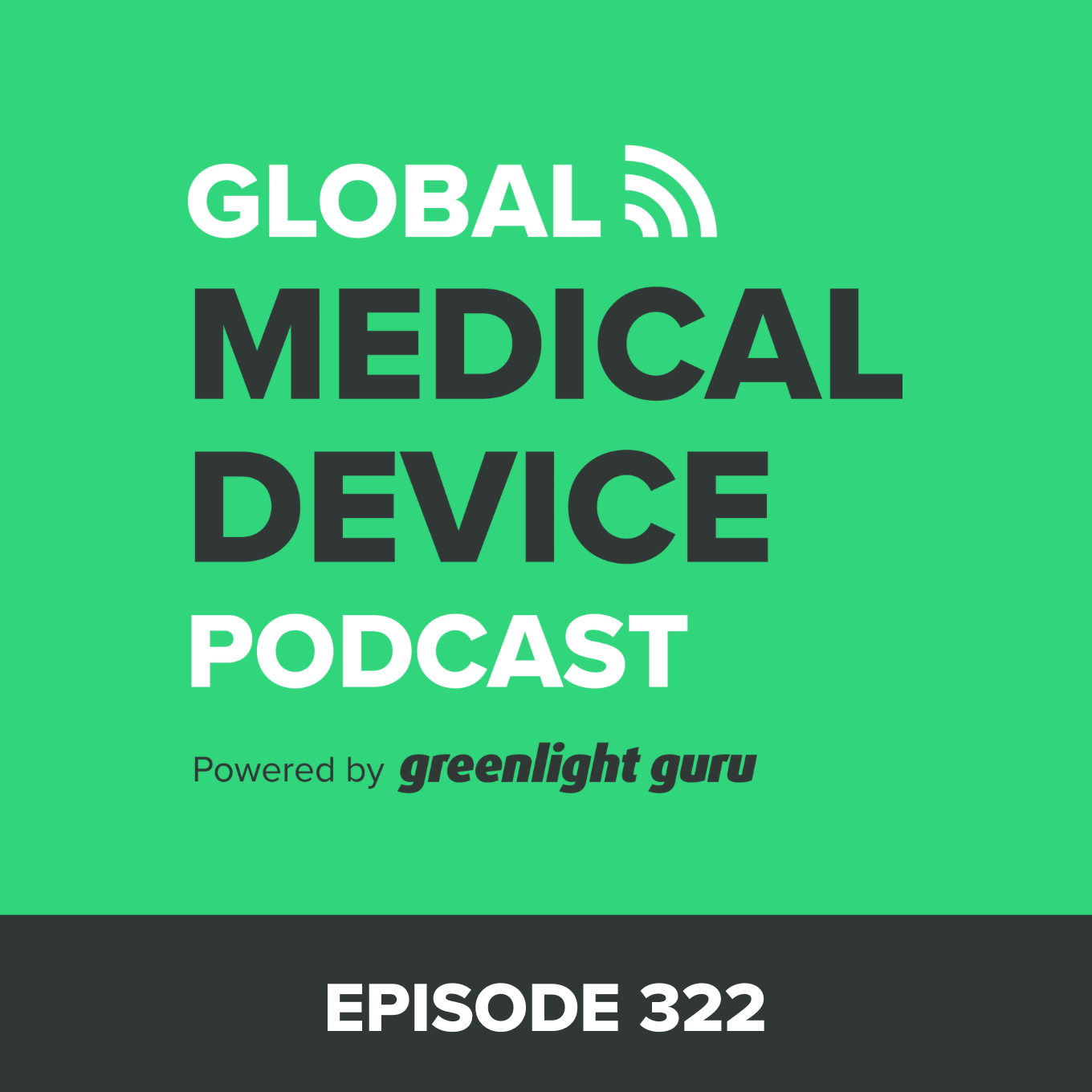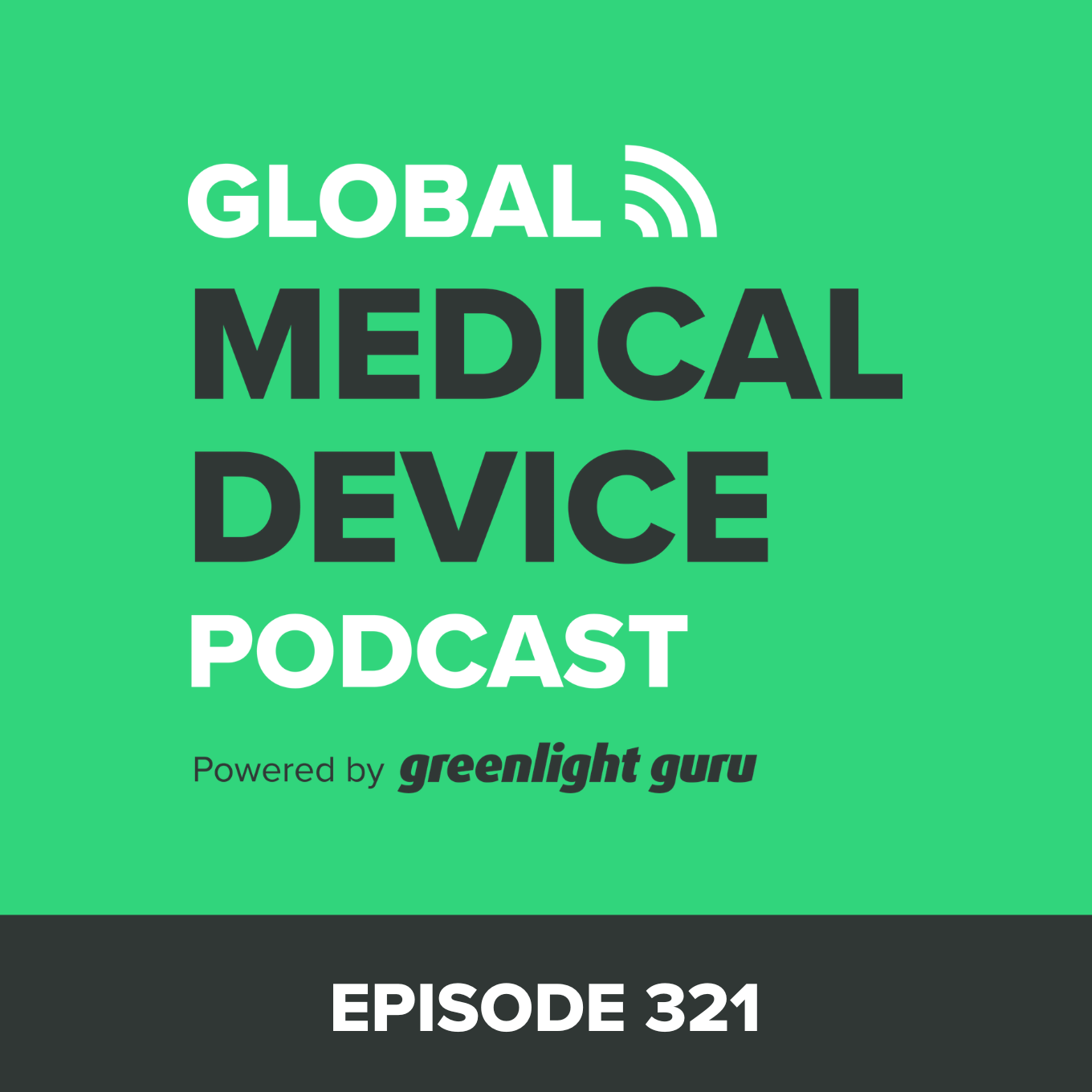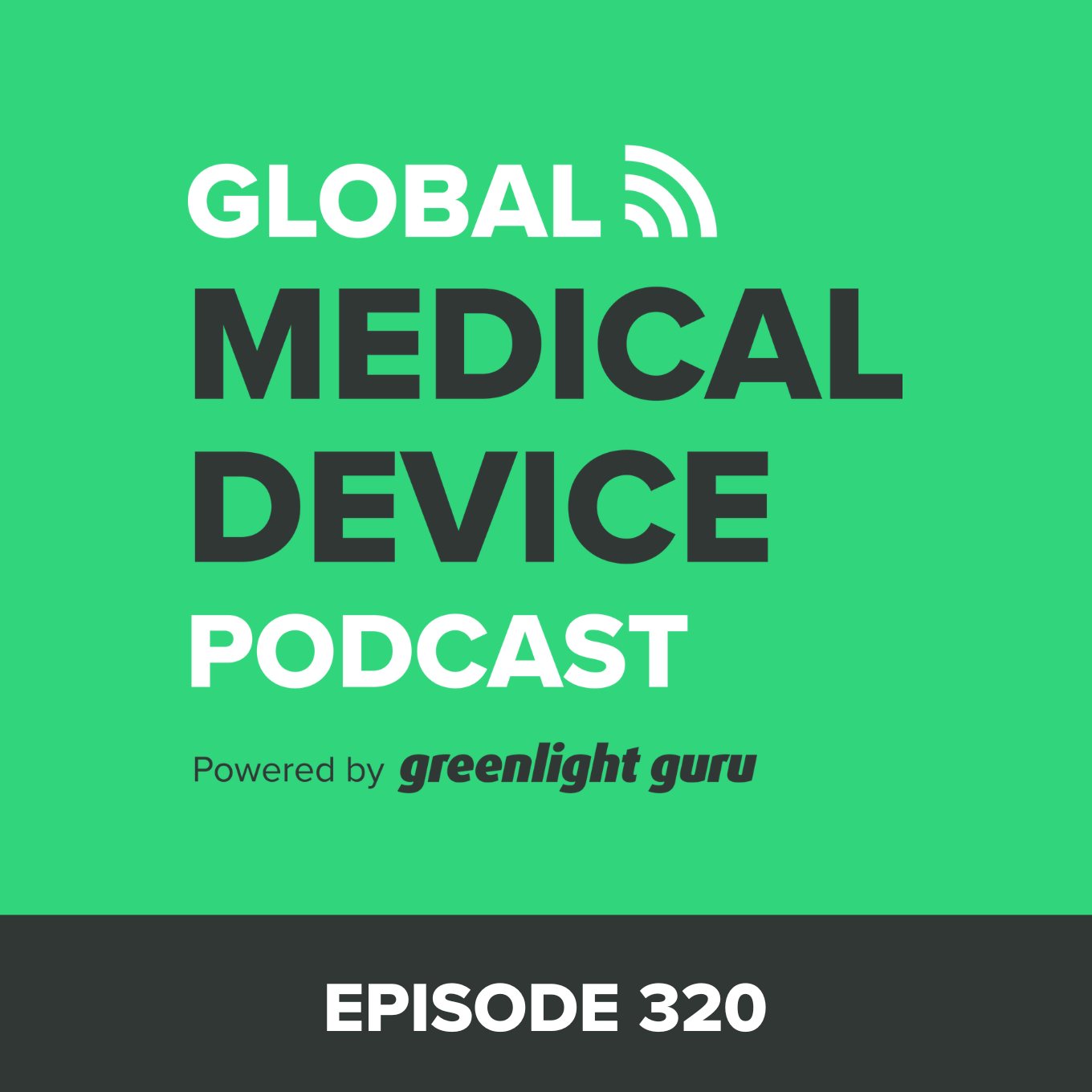How to Make De Novo a Viable Option for your Medical Device
00:00
00:00
1x
- 0.5
- 1
- 1.25
- 1.5
- 1.75
- 2
This is a podcast episode titled, How to Make De Novo a Viable Option for your Medical Device. The summary for this episode is: Is de novo a realistic regulatory pathway? Or, the “kiss of death” for your product? No, to de novo? Think again. Who cares about de novo? We do! Today’s guest is “Dr. De Novo “(a.k.a. Mike Drues of Vascular Sciences), who describes how to make de novo a viable option for your medical device.
Some of the highlights of the show include:
● For years, use of de novo was rare; fewer than five devices were brought to market. MDUFA stats state FDA received 56 de novos in 2018; 18 in 2019.
● Congress deserves credit for changing the law to make de novos more attractive to companies. De novo nuances became less problematic and challenging.
● Mike’s public prediction in 2012 came true. De novo pathway has increased in importance, popularity, and usage; but still pale in comparison to 510(k).
● De novo is advantageous option for medical device technology, especially mobile medical apps, imaging, and in-vitro diagnostics (IVDs).
● Rather than focusing on options from a regulatory pathway, analyze and account for who at the agency will be the recipient due to their de novo experience.
● 510(k) vs. De Novo: Is device new and novel? Or, similar in technology and labeling to another device on the market?
● De Novo: Applicable for lower than Class III medical devices; 510(k) requires substantial equivalence and risk; de novo only needs risk mitigation strategy.
● FDA’s review time of de novo submissions average six to eight months, while 510(k) submissions take three to four months.
